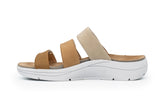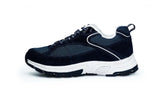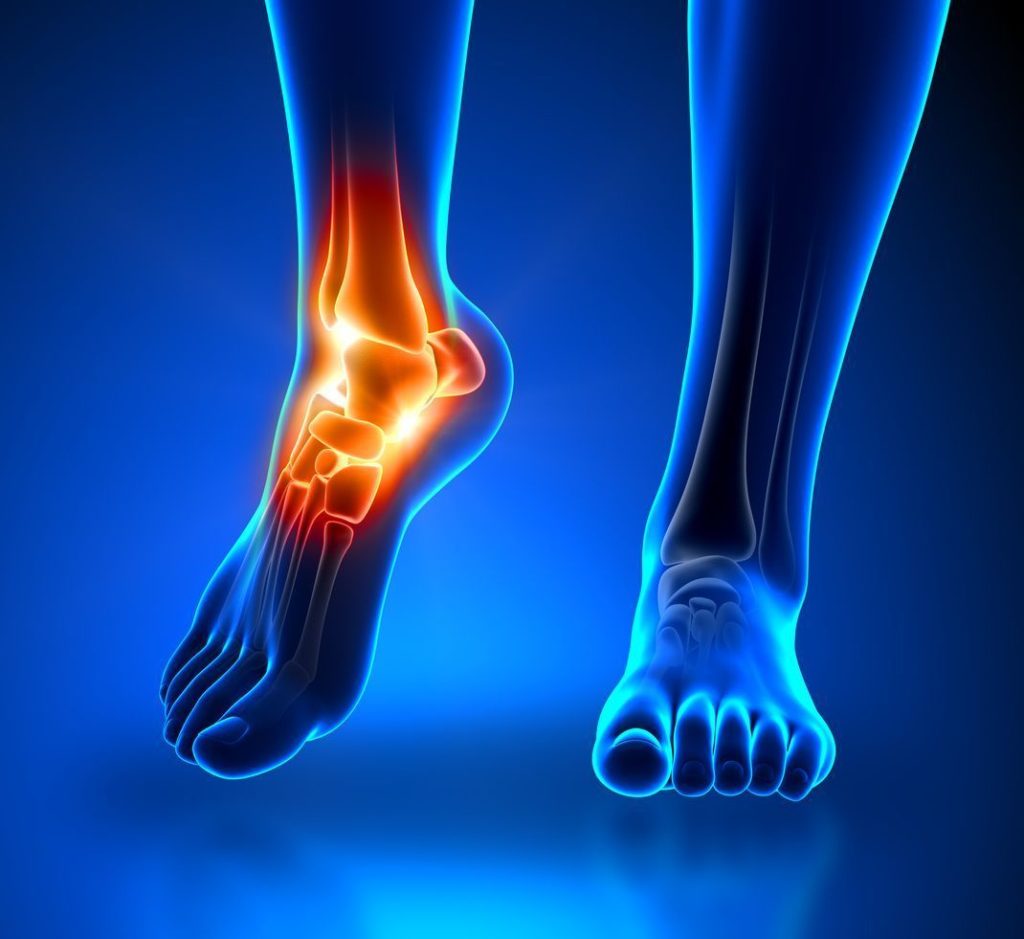Ankle nerve pain can be a debilitating issue that affects your daily activities and overall quality of life. Understanding its causes and treatments is crucial for managing the pain effectively. This guide will walk you through the various causes of ankle nerve pain and the treatments available, including supportive footwear options.
Ankle nerve pain can arise from several underlying conditions. Identifying the cause is the first step towards effective treatment.
Tarsal Tunnel Syndrome
Tarsal tunnel syndrome is a common cause of pain in the ankle nerve. It occurs when the tibial nerve is compressed as it travels through the tarsal tunnel, a narrow space on the inside of the ankle. This compression can lead to pain, tingling, and numbness.
Causes of Tarsal Tunnel Syndrome
-
Injury: Sprains or fractures can cause swelling that compresses the nerve.
-
Arthritis: Inflammatory arthritis, such as rheumatoid arthritis, can lead to swelling and nerve compression.
-
Diabetes: Diabetic neuropathy may contribute to tarsal tunnel syndrome, as diabetes can cause nerve damage.
Arthritis
Arthritis is another common cause of ankle nerve pain. It involves the inflammation of joints, which can lead to pain and stiffness. Over time, arthritis can wear down the cartilage in the joints, leading to nerve pain.
Neuropathy
Neuropathy, or nerve damage, can also lead to ankle nerve pain. This condition often results from diabetes but can also be caused by other medical conditions. Neuropathic pain is characterised by tingling, burning, or stabbing sensations.
Treatment Options for Ankle Nerve Pain
Treating ankle nerve pain involves addressing the underlying cause and managing the symptoms. Here are some treatment options:
Supportive and Specialised Footwear
Wearing the right shoes is crucial in managing ankle nerve pain. Here's how different types of footwear can help:
-
Supportive Shoes: These shoes provide stability and support to the ankle, reducing strain and pain.
-
Diabetic Footwear: Designed to protect sensitive feet from injury, diabetic shoes offer extra cushioning and support to prevent further nerve damage.
-
Neuropathic Shoes: These shoes are designed specifically for individuals with neuropathy, providing comfort and reducing pressure on the nerves.
-
Wide Shoes: For those with swollen feet or arthritis, wide shoes offer more room and prevent compression on the nerves.
Physical Therapy
Physical therapy can help strengthen the muscles around the ankle and improve flexibility. A physical therapist can design a personalised exercise program to address your specific needs and help alleviate pain.
Medications
-
Pain Relievers: Over-the-counter pain relievers like ibuprofen or acetaminophen can help manage pain and reduce inflammation.
-
Corticosteroids: These medications can be injected into the ankle to reduce inflammation and relieve pain.
-
Anticonvulsants and Antidepressants: Sometimes prescribed for neuropathic pain, these medications can help reduce nerve pain sensations.
Surgery
In severe cases where other treatments are ineffective, surgery may be necessary to relieve nerve compression. Surgical options vary depending on the underlying cause of the pain.
The Role of Footwear in Managing Ankle Nerve Pain
Choosing the right footwear is a critical aspect of managing ankle nerve pain. Let's explore how different types of shoes can make a difference:
Why Supportive Shoes Matter
Supportive shoes are designed to provide stability and cushioning, which can alleviate pressure on the ankle and reduce pain. Key features of supportive shoes include:
-
Arch Support: Helps distribute weight evenly and reduces strain on the ankle.
-
Cushioned Soles: Absorb shock and provide comfort during walking or standing.
-
Adjustable Straps or Laces: Allow for a customised fit that reduces pressure points.
Diabetic and Neuropathic Footwear
Diabetic and neuropathic footwear is specially designed to address the unique needs of individuals with nerve pain. Benefits include:
-
Extra Depth: Accommodates custom orthotics and provides a better fit.
-
Seamless Interiors: Reduces friction and prevents blisters or sores.
-
Breathable Materials: Keeps feet cool and dry, reducing the risk of infection.
Choosing the Right Shoes
When selecting shoes for ankle nerve pain, consider the following tips:
-
Fit: Ensure the shoes fit well and do not pinch or rub against the foot.
-
Support: Look for shoes with good arch support and cushioning.
-
Flexibility: The shoes should be flexible enough to allow natural foot movement but supportive enough to maintain stability.
-
Width: Choose wide shoes if you experience swelling or have wider feet to prevent constriction and pressure on the nerves.
Preventing Ankle Nerve Pain
While not all cases of ankle nerve pain can be prevented, certain measures can reduce your risk:
-
Maintain a Healthy Weight: Excess weight can put additional strain on your ankles.
-
Exercise Regularly: Strengthening exercises for the ankles can improve stability and prevent injuries.
-
Wear Appropriate Footwear: Always choose shoes that offer the right support for your activities.
-
Manage Medical Conditions: Keep conditions like diabetes and arthritis under control with proper medical care and lifestyle adjustments.
Conclusion
Ankle nerve pain can significantly impact your life, but understanding its causes and treatments can help you manage it effectively. By choosing the right footwear, engaging in physical therapy, and following your healthcare provider's recommendations, you can alleviate pain and improve your quality of life.
Remember, if you experience persistent ankle nerve pain, consult a healthcare professional for a proper diagnosis and personalised treatment plan.








